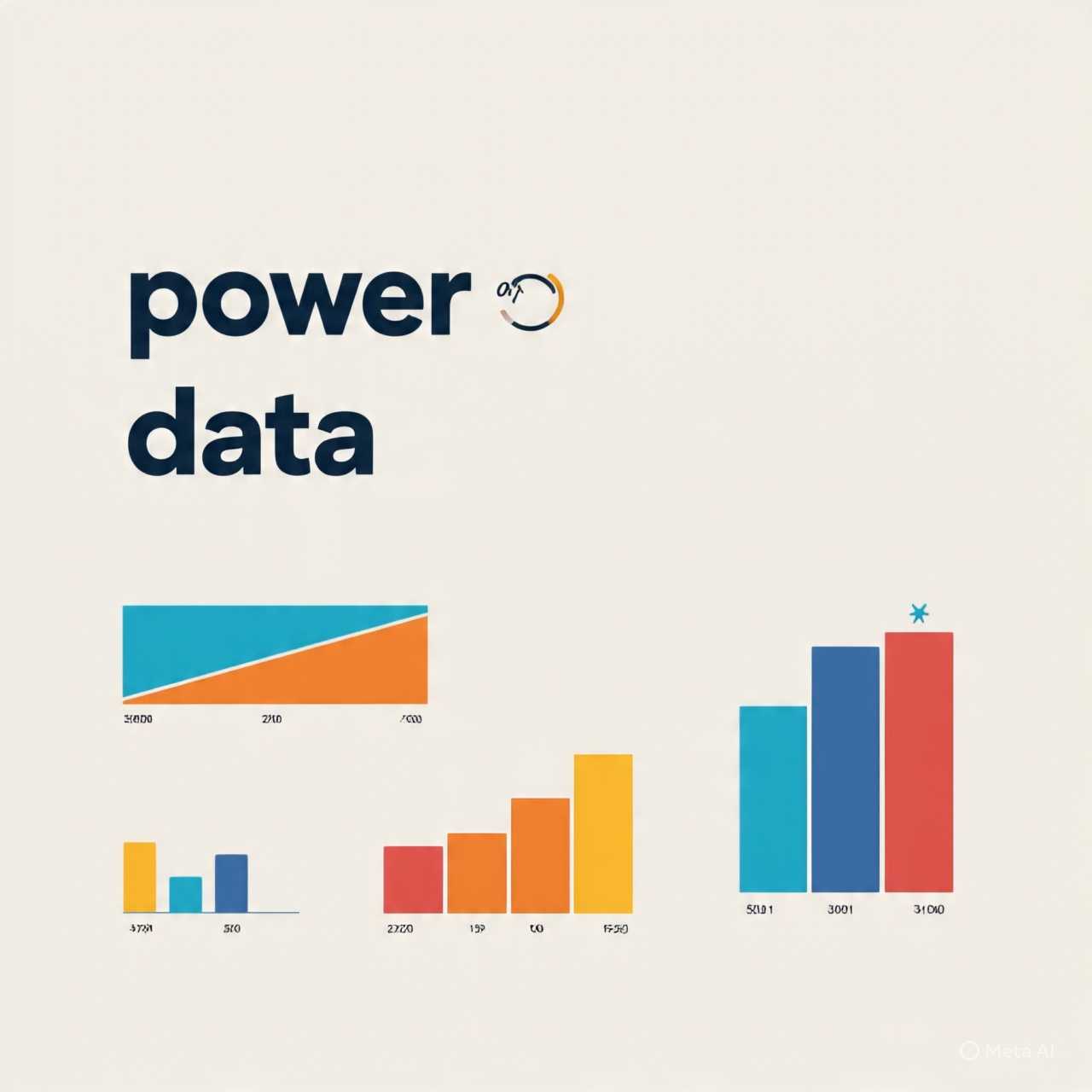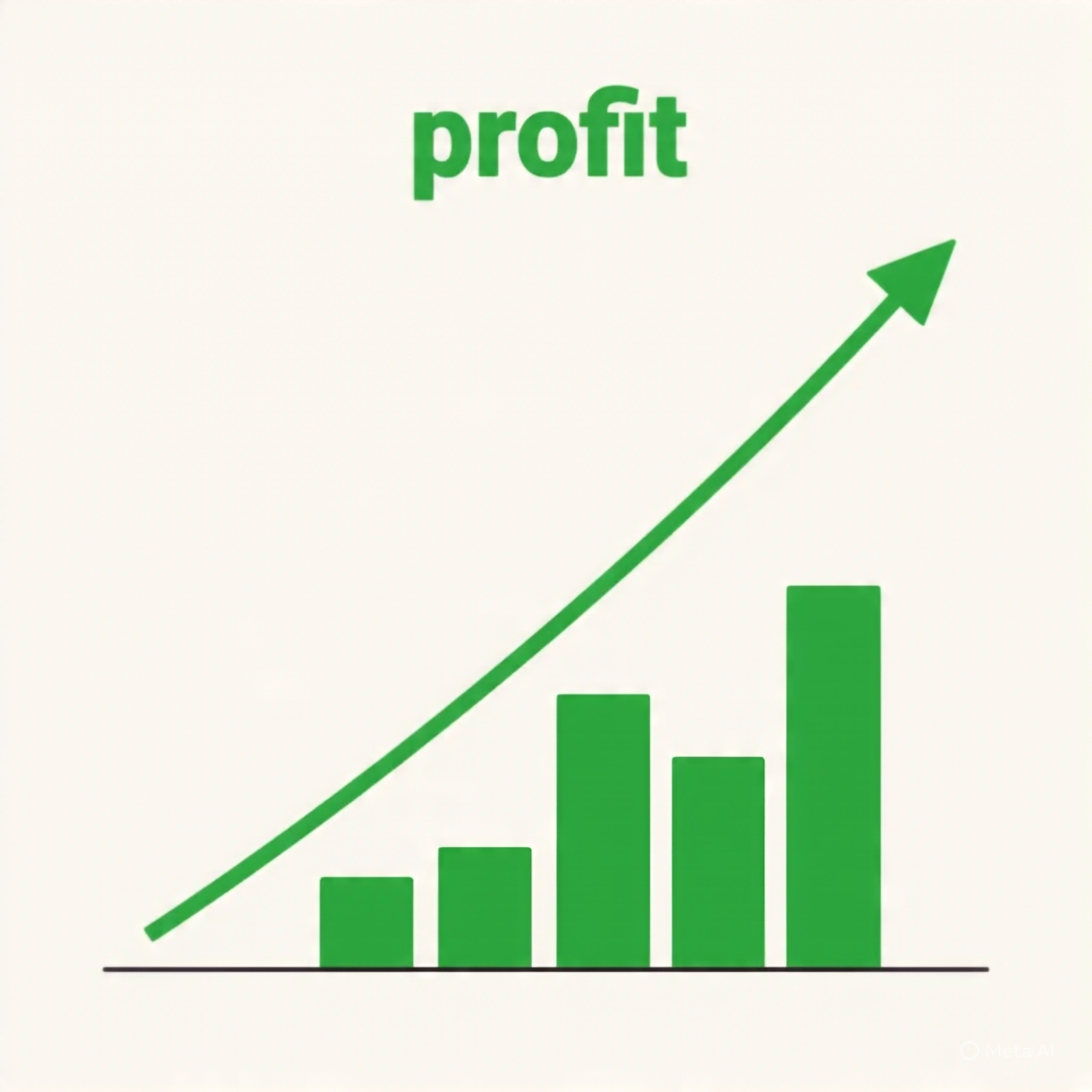Many business owners today believe that they have to grow to a certain level before they start doing some things that they believe is “only for the big businesses”, and one important part of this is ***keeping their business data***.

Recently, a business owner whom I adored in the web 2 world came online to talk about how much her business has grown from the year it started up till now, and even talked about the potential growth she is currently working on, and at that point, it was only one thing that came to mind; ***data***.
She owns a skincare brand that has grown really well but that growth was really demonstrated in the number of products they had sold. She mentioned everything clearly up until their most sold product per year, for a particular timeline, the top reviewed product, the most disliked product, and I was amazed. That was only possible through the power of data.
I know you may want to say that *“I only own a small business, how on earth am I supposed to keep the data? You may even want to ask that you don’t know how to use sophisticated tools such as Microsoft Excel or Google Sheet, and you don’t have the money to employ someone to do that for you yet”* oh, well, that is the reason for today’s post. To help you be able to do big things like collecting your business data, calculating the profitability and knowing where to place your focus even if your business is still small.
Many years ago, when I was growing up, my stepmum had a provisions store where she had many products in there. Most times, she would go out and asked that I helped her stayed back at her store while she attended to other things, so I did a thing.
I would go to the store with my pen and notebook, write down everything that was in stock by the time I got there (inventory), and then, open another page tagged “sales” to note down everything I sold even up to the littlest cent.
When my stepmum would return and started asking what I had sold, I would present the book to her. The first time I did that, she was shocked, but I didn’t see a big deal to it because it was a way for me to be accountable. I didn’t want to “keep everything in my head”, rather, I needed a record.

That little act encouraged record keeping in her business. At the end of every month, she would call me, and we would calculate all her inventories and expenses for the month, subtract it from the total sales to calculate the profit and see how great her business was doing.
With this little act, she later realized that she wasn’t making as much money as she had thought. So, she cut down on her monthly expenses and focused solely on growing her business.
That business has now grown into one she never imagined. She did a big thing from her small store.
You can also do this. The growth of your business is highly dependent on the data you can collect. It will take time, I know, but won't you rather spend that time than assume profit when you are running at loss?
The monthly calculations using your phone’s calculator, noting the dates, the expenses, the inventories, and sales will reveal the secrets in your business that you thought you knew. It would show you how well your business is doing, what you are spending your money on the most, where to cut down, and help scale your business more than you imagine.
I hope you get to work immediately after reading this.
***
Spanish version translated using Google Translate
***
Muchos empresarios hoy en día creen que deben alcanzar cierto nivel de crecimiento antes de emprender acciones que consideran "solo para grandes empresas", y un aspecto fundamental es la gestión de sus datos empresariales.

Recientemente, una empresaria a la que admiraba en el mundo digital compartió en línea el impresionante crecimiento de su negocio desde su fundación hasta la fecha, e incluso habló sobre el potencial de crecimiento en el que está trabajando actualmente. En ese momento, solo pensé en una cosa: los datos.
Es dueña de una marca de cuidado de la piel que ha experimentado un crecimiento extraordinario, especialmente en la cantidad de productos vendidos. Detalló con precisión su producto más vendido por año, durante un período específico, el producto con mejores reseñas y el producto con más críticas. Me quedé asombrada. Todo esto fue posible gracias al poder de los datos.
Sé que quizás pienses: “Solo tengo un pequeño negocio, ¿cómo voy a gestionar los datos?”. Incluso puede que te preguntes si sabes usar herramientas sofisticadas como Microsoft Excel o Google Sheets, y si todavía no tienes dinero para contratar a alguien que lo haga por ti. Bueno, precisamente por eso escribo esta publicación: para ayudarte a realizar tareas importantes como recopilar los datos de tu negocio, calcular la rentabilidad y saber dónde enfocar tus esfuerzos, incluso si tu negocio aún es pequeño.
Hace muchos años, cuando era niño, mi madrastra tenía una tienda de ultramarinos con muchos productos. Casi siempre salía y me pedía que la ayudara quedándome en la tienda mientras ella atendía otros asuntos. Así que me encargaba de una tarea.
Iba a la tienda con mi bolígrafo y mi libreta, anotaba todo lo que había en stock cuando llegaba (inventario) y luego abría otra hoja con la etiqueta “ventas” para anotar todo lo que vendía, hasta el último céntimo.
Cuando mi madrastra regresaba y empezaba a preguntarme qué había vendido, le presentaba el libro de contabilidad. La primera vez que lo hice, se sorprendió, pero no le di importancia porque era una forma de rendir cuentas. No quería memorizarlo todo, sino tener un registro.

Ese pequeño gesto la animó a llevar un control de sus finanzas. Al final de cada mes, me llamaba y calculábamos el inventario y los gastos del mes, los restábamos de las ventas totales para calcular las ganancias y ver cómo iba su negocio.
Gracias a esto, más tarde se dio cuenta de que no ganaba tanto dinero como pensaba. Así que redujo sus gastos mensuales y se centró exclusivamente en hacer crecer su negocio.
Ese negocio ha crecido hasta convertirse en algo que jamás imaginó. Logró algo enorme con su pequeña tienda.
Tú también puedes hacerlo. El crecimiento de tu negocio depende en gran medida de los datos que recopiles. Sé que llevará tiempo, pero ¿no preferirías invertir ese tiempo a asumir ganancias cuando estás perdiendo dinero?
Los cálculos mensuales con la calculadora de tu teléfono, anotando las fechas, los gastos, el inventario y las ventas, te revelarán secretos de tu negocio que creías conocer. Te mostrarán el rendimiento de tu negocio, en qué gastas más dinero, dónde recortar gastos y te ayudarán a expandir tu negocio mucho más de lo que imaginas.
Espero que te pongas manos a la obra inmediatamente después de leer esto.
Images are from MetaAI
Posted Using INLEO